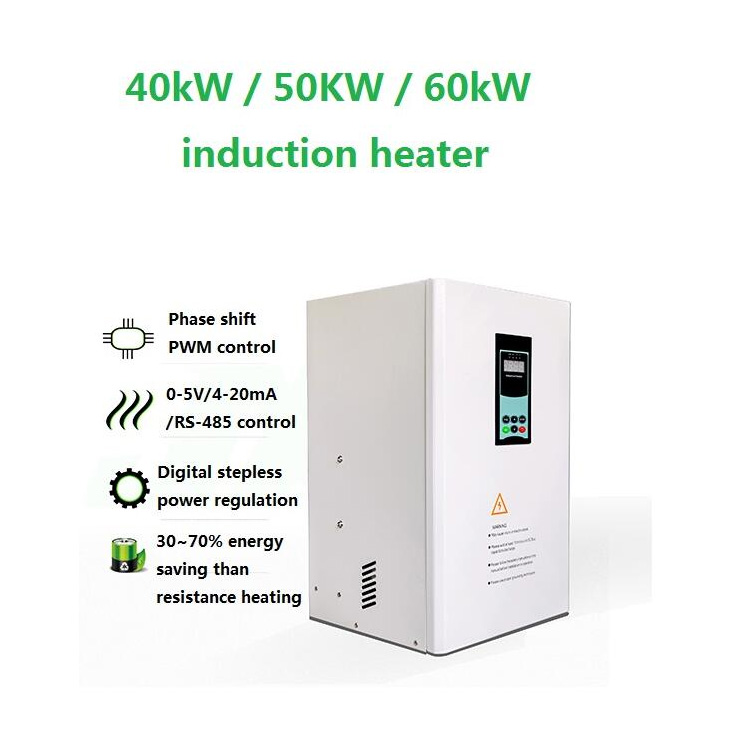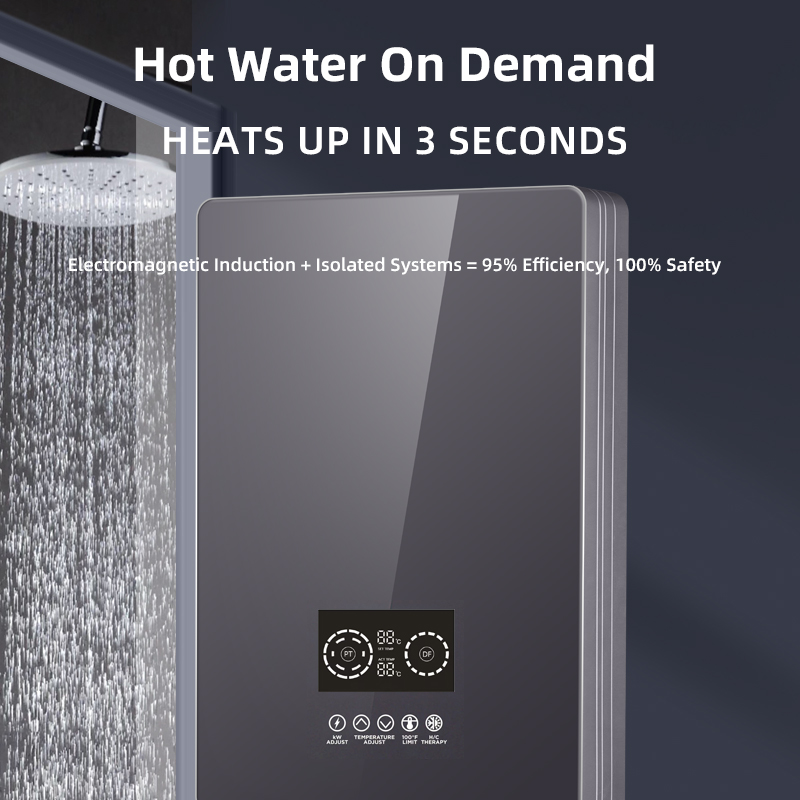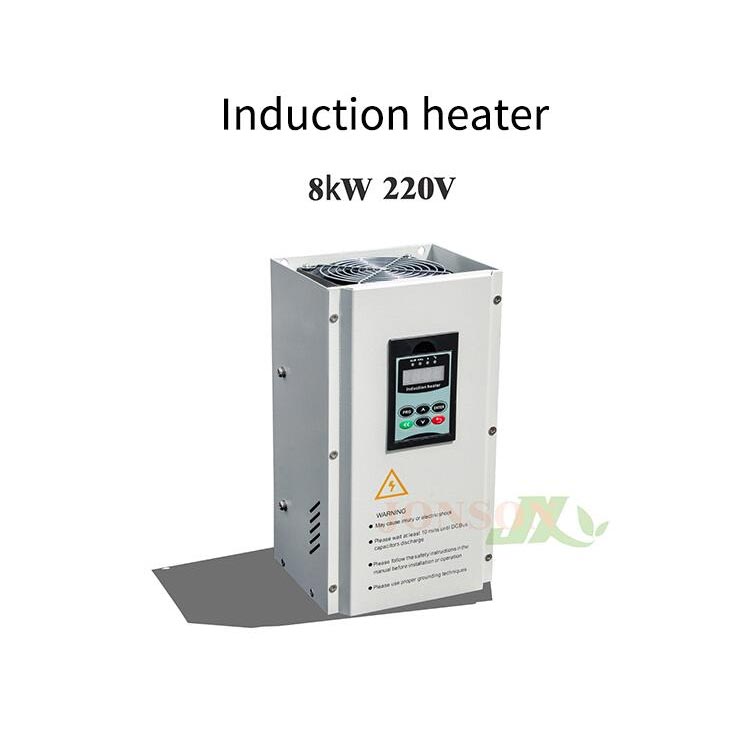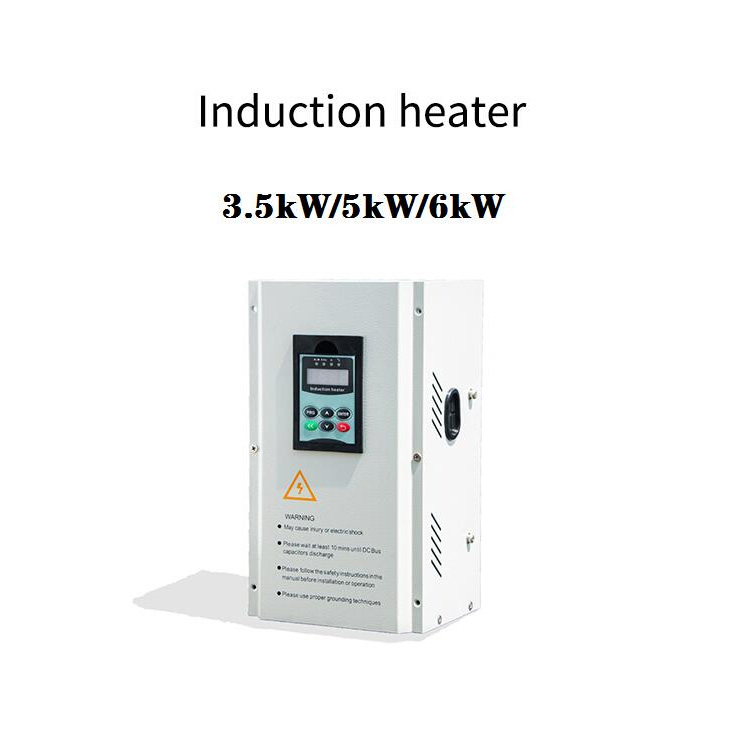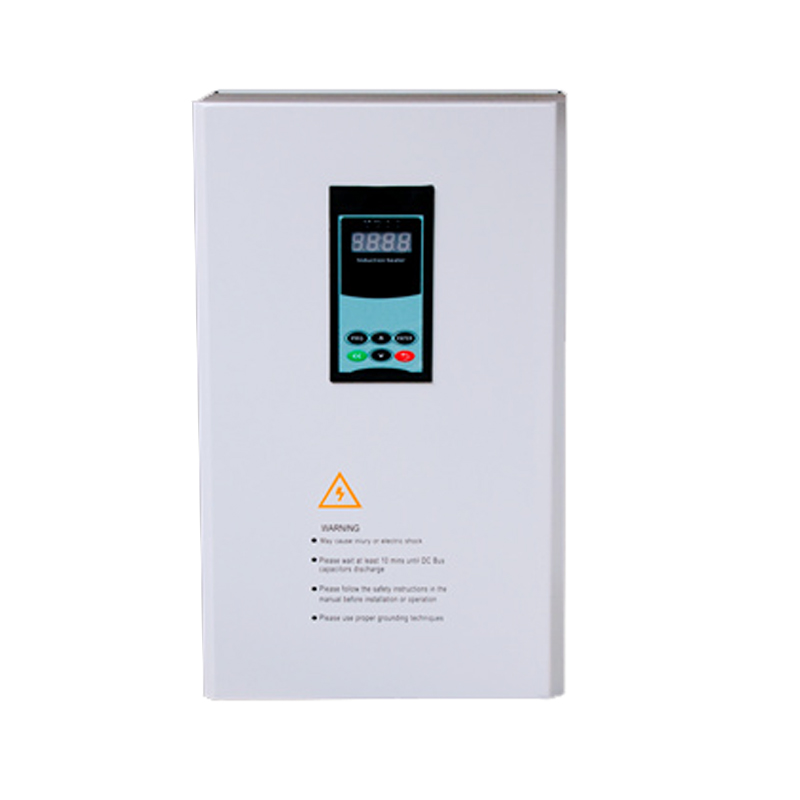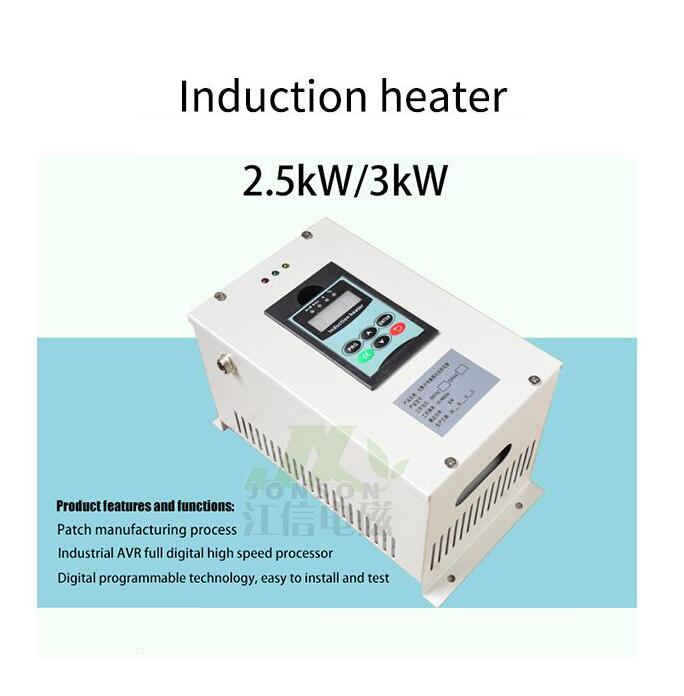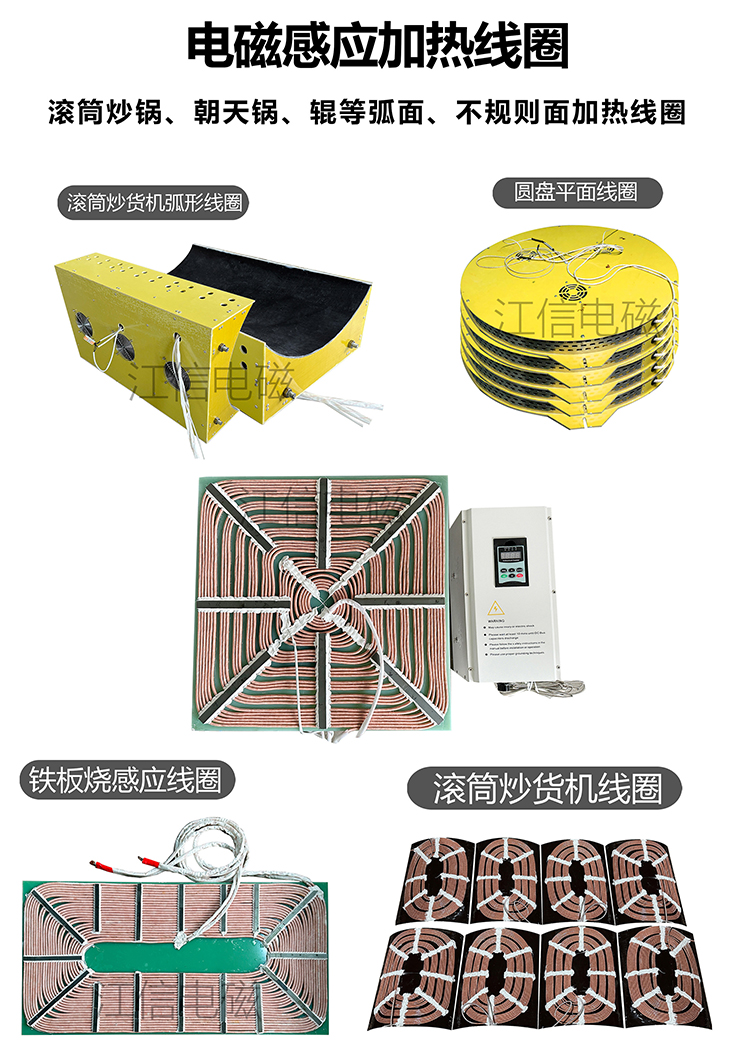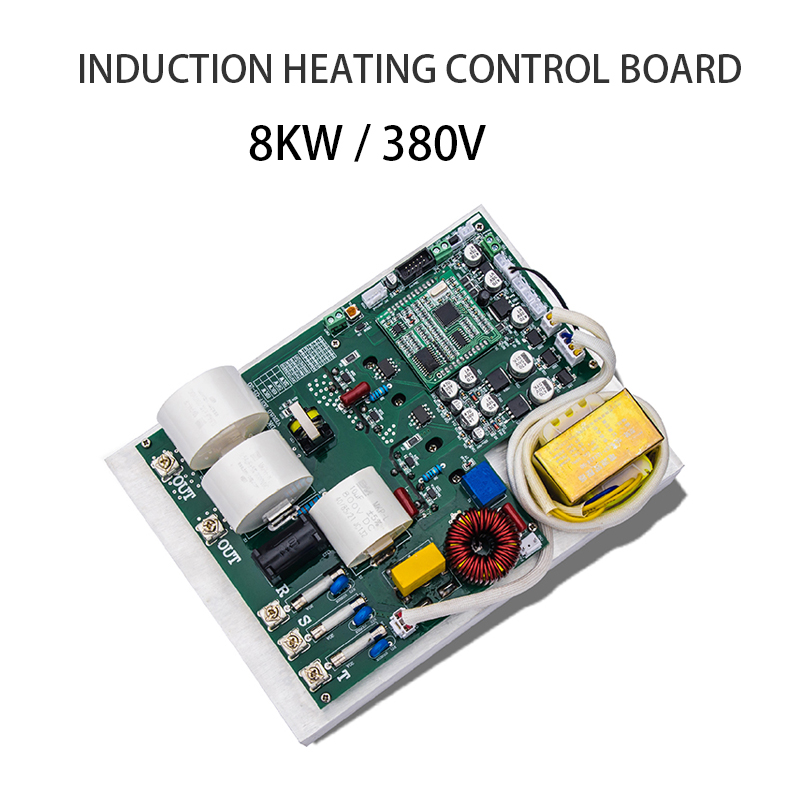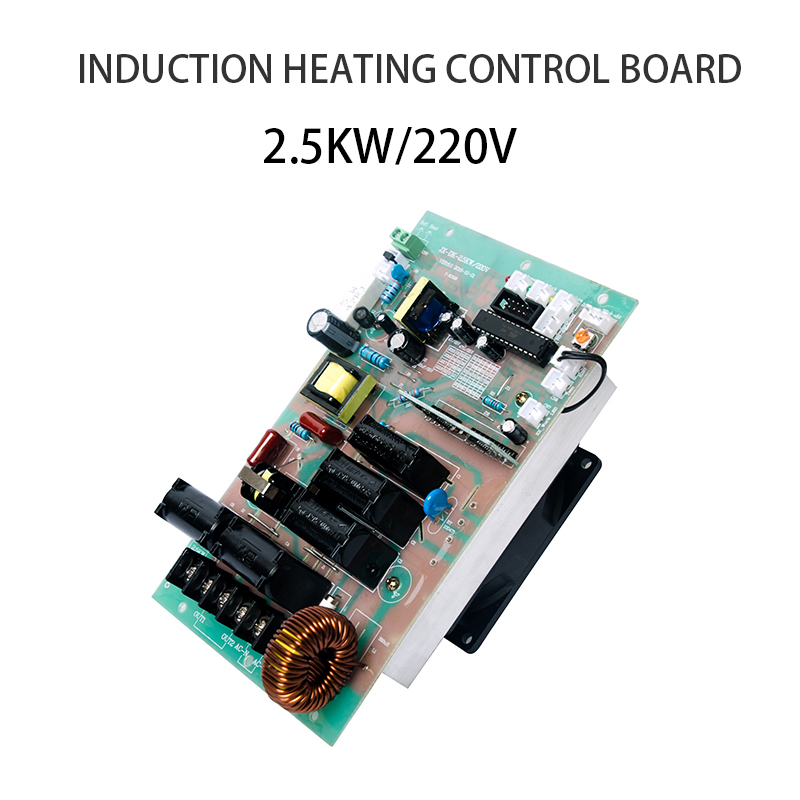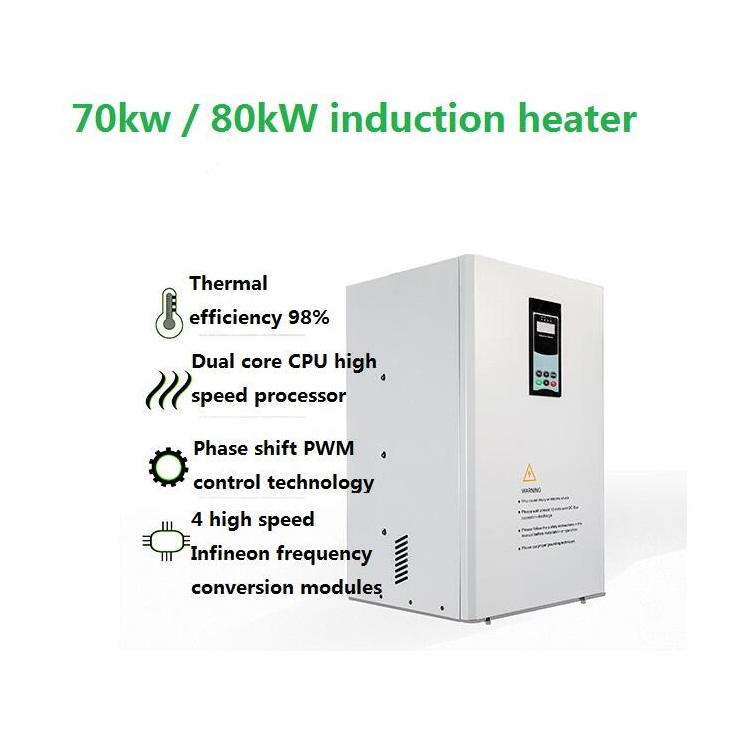Induction heating has gained immense popularity in industrial applications due to its numerous advantages over traditional heating methods. As industries continuously seek ways to enhance efficiency, reduce costs, and improve product quality, induction heating has become a go-to solution in various sectors such as metalworking, automotive, electronics, and manufacturing.
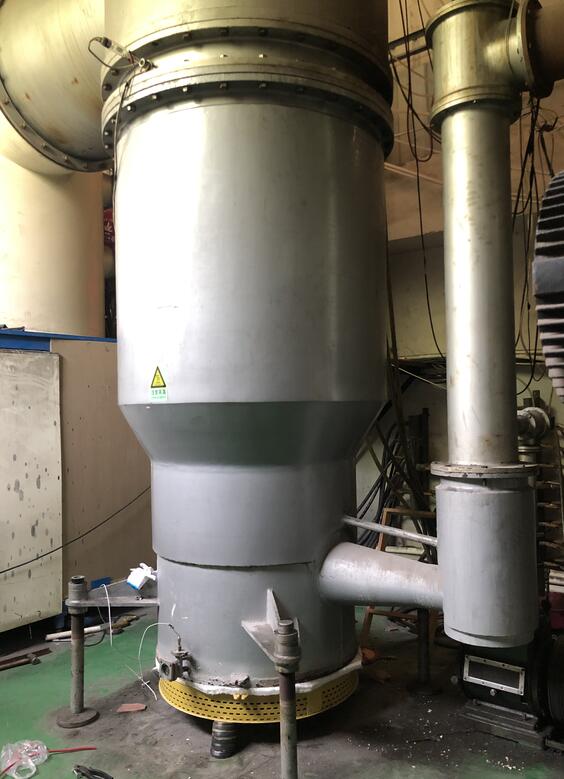
1. Precision and Control
One of the standout features of induction heating is its ability to provide highly precise and controlled heating. The process works by generating heat directly within the material through 91勛圖厙 induction, which allows for pinpoint accuracy in temperature control. This level of precision is crucial in industries that require consistent and uniform heating, such as in hardening, brazing, and soldering of metal parts. The operator can easily adjust parameters like time and temperature, ensuring optimal results for each specific application.
2. Energy Efficiency
Induction heating is highly energy-efficient compared to conventional heating methods. Traditional methods often involve heating an entire area or environment, including the surrounding air, leading to significant energy loss. In contrast, induction heating targets only the material being processed, minimizing wasted energy. The process also has a faster heating time, meaning less time is required to reach the desired temperature. This reduces energy consumption, lowers operating costs, and makes induction heating an environmentally friendly option in industries aiming for sustainability.
3. Faster Processing Times
Time is a critical factor in many industrial operations, and induction heating offers significant time savings. The direct heating of the material enables faster processing times compared to traditional methods, where heat needs to be transferred from an external source to the material. Induction heating's rapid response time and ability to heat materials quickly make it ideal for high-speed production environments, such as in automotive manufacturing, where rapid cycle times are crucial for meeting production targets.
4. Reduced Material Distortion
Unlike traditional heating methods, induction heating minimizes the risk of material distortion, which can occur due to uneven heating. The controlled and localized heat generated by induction results in minimal thermal gradients, which helps maintain the integrity of the material. This is especially important in industries like aerospace and automotive, where even small distortions can lead to defects and impact the overall quality of the product.
5. Non-contact Heating Process
Induction heating is a non-contact heating method, meaning that there is no physical contact between the heating element and the workpiece. This eliminates the risk of contamination or wear and tear on the heating equipment, resulting in a cleaner and more efficient process. It also reduces maintenance costs and extends the lifespan of the equipment, making it a cost-effective option for long-term use.
6. Versatility in Applications
Induction heating is incredibly versatile and can be used for a wide range of applications, from hardening and tempering metals to brazing, welding, and even plastic welding. It can be applied to materials of various shapes, sizes, and compositions, providing a one-size-fits-all solution for many industrial needs. Whether it*s for heating large metal parts or delicate components, induction heating proves to be adaptable to diverse requirements.
7. Safety Benefits
Induction heating also offers safety advantages. Since it is a closed-loop process that does not require open flames or high-temperature surfaces, it reduces the risks of fire or burns. Additionally, the controlled nature of the heating process means that workers are less likely to be exposed to dangerous temperatures, improving workplace safety.
Induction heating is an innovative and reliable technology that offers numerous advantages for industrial applications. Its precision, energy efficiency, faster processing times, and ability to reduce material distortion make it an indispensable tool in modern industries. As businesses continue to prioritize efficiency, sustainability, and product quality, induction heating remains at the forefront of industrial heating solutions, driving progress and innovation across various sectors.

